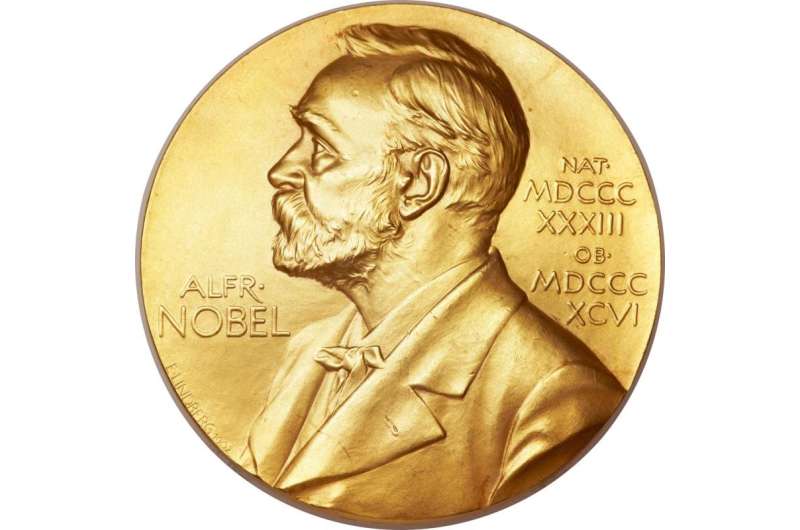Daily News | Online News

Swedish paleogeneticist Svante Paabo, who sequenced the genome of the Neanderthal and discovered the previously unknown hominin Denisova, on Monday won the Nobel Medicine Prize.
“By revealing genetic differences that distinguish all living humans from extinct hominins, his discoveries provide the basis for exploring what makes us uniquely human”, the Nobel committee said in a statement.
Paabo, director of the department of genetics at the Max Planck Institute for Evolutionary Anthropology, found that gene transfer had occurred from these now extinct hominins to Homo sapiens following the migration out of Africa around 70,000 years ago.
“This ancient flow of genes to present-day humans has physiological relevance today, for example affecting how our immune system reacts to infections”, the jury said.
COVID-19 patients with a snippet of Neanderthal DNA run a higher risk of severe complications from the disease, Paabo reported in a 2020 study.
Paabo, 67, who takes home the award sum of 10 million Swedish kronor ($901,500), will receive the prize from King Carl XVI Gustaf at a formal ceremony in Stockholm on December 10, the anniversary of the 1896 death of scientist Alfred Nobel who created the prizes in his last will and testament.
Last year, the Medicine Prize went to US pair David Julius and Ardem Patapoutian for discoveries on receptors for temperature and touch, which have been used to develop treatments for a wide range of diseases and conditions, including chronic pain.
The Nobel season continues this week with the announcement of the winners of the Physics Prize on Tuesday and the Chemistry Prize on Wednesday.
They will be followed by the much-anticipated prizes for Literature on Thursday and Peace on Friday, while the Economics Prize winds things up on Monday, October 10.
Anti-Putin prizes?
For the Literature Prize on Thursday, literary critics told AFP they thought the Swedish Academy may go for a more mainstream author this year, after selecting lesser-known writers the past two years.
Last year, Tanzanian author Abdulrazak Gurnah won, while US poet Louise Gluck was crowned in 2020.
US novelist Joyce Carol Oates, France’s Annie Ernaux and Maryse Conde, Russia’s Lyudmila Ulitskaya and Canada’s Margaret Atwood have all been cited as potential laureates if the committee has its eyes on a woman.
Online betting sites however have France’s Michel Houellebecq as the favourite, ahead of British author Salman Rushdie, who was the victim of an attempted murder attack in August.
But it is the Peace Prize that is expected to hold special significance this year.
After Russian journalist Dmitry Muratov won the prize last year together with his Philippine colleague Maria Ressa in the name of freedom of expression, will the Norwegian Nobel Committee award another anti-Putin prize after Moscow’s invasion of Ukraine?
Not since World War II has a conflict raged between two countries so close to Oslo.
The International Criminal Court, tasked with investigating war crimes in Ukraine, and the International Court of Justice—both based in The Hague—have been mentioned as possible laureates this year.
So have jailed Russian dissident Alexei Navalny and Belarusian opposition leader Svetlana Tikhanovskaya.
If the committee were to focus on the climate crisis, experts tipped Swedish activist Greta Thunberg, possibly together with British environmentalist David Attenborough or other activists such as Sudan’s Nisreen Elsaim and Ghana’s Chibeze Ezekiel.
© 2022 AFP
Citation:
Swede Paabo wins Nobel Medicine Prize for sequencing Neanderthal DNA (2022, October 3)
retrieved 3 October 2022
from https://phys.org/news/2022-10-swedish-paleogeneticist-svante-paabo-nobel.html
This document is subject to copyright. Apart from any fair dealing for the purpose of private study or research, no
part may be reproduced without the written permission. The content is provided for information purposes only.

0 Comments :
Post a Comment